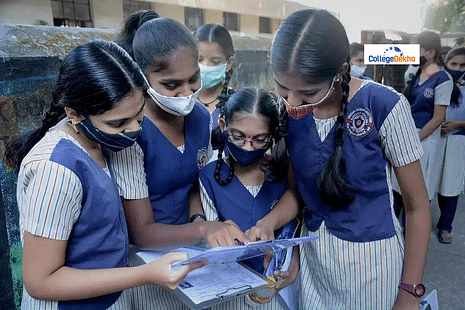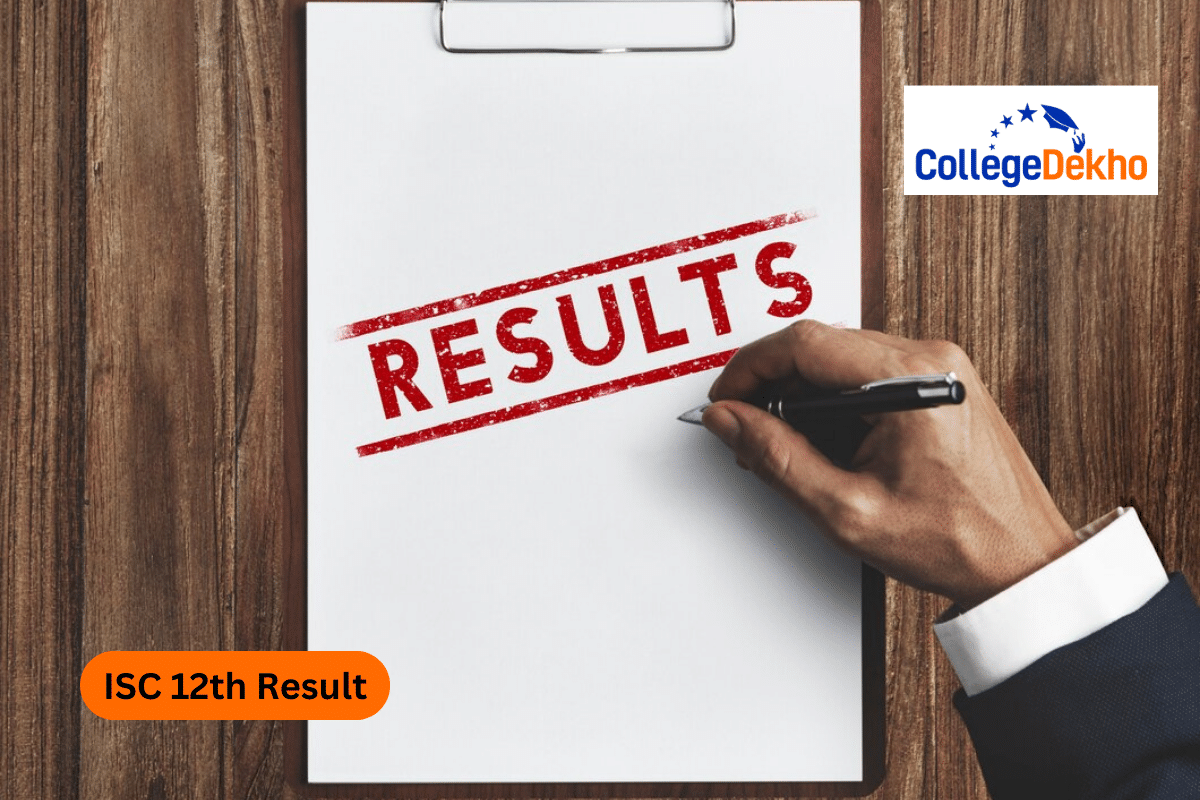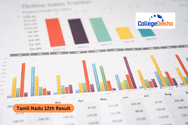

Never Miss an Exam Update
MP Board Class 12 Economics Syllabus: The MP board sets the syllabus for each of the subjects. The board ensures all the relevant topics are covered in the syllabus to provide students with an overall knowledge of the subject. The class 12 Economics subject is divided into two parts - Macroeconomics and Microeconomics. Each of the parts includes 5 chapters. Students can go through the syllabus in detail and plan a study strategy that allows them to complete the syllabus in time.
Students can also check the Economics blueprint to get an idea of the pattern of questions followed in the board exams. Students can also solve the sample papers and previous year's question papers to test their knowledge. Read the article to learn detailed information about the MP Board Class 12 Economics syllabus 2025.
Also Read: MPBSE 10th Syllabus 2025 for all Subjects
MP Class 12 Economics Syllabus 2025 - Download PDF
The MP Class 12 Economics curriculum is comprehensive and demanding. It includes a significant practical component that enables students to use their theoretical knowledge in actual situations. It covers a wide range of topics, from the fundamentals to the advanced. Check here the MP Class 12 Economics Syllabus 2025 PDFMP Board Class 12 Economics Syllabus 2025
Students can go through the syllabus below.
Part Name | Unit Name |
|---|---|
Introductory Microeconomics | Introduction |
Consumer Behaviour and Demand | |
Producer Behaviour and Supply | |
Forms of Markets and Price Determination | |
Simple Applications of Tools for Demand and Supply Curves | |
Introductory Macroeconomics | National Income and Related Aggregates — Basic Concepts and Measurements |
Determination of Income and Employment | |
Money and Banking | |
Government Budget and the Economy | |
Balance of Payments |
Also Read: MPBSE 10th Exam Pattern 2025
MP Board 12th Economics Syllabus 2025 - Unit Wise
Part A: Introductory Macroeconomics
Unit 1: National Income and Related Aggregates- What is Macroeconomics? Basic macroeconomic concepts include stocks and flows, gross investment, depreciation, consumer goods, capital goods, final goods, and intermediate goods. income circulation (two sector model); The value added or product approach, the expenditure method, and the income method are all ways to calculate national income. Gross National Product (GNP), Net National Product (NNP), Gross Domestic Product (GDP), and Net Domestic Product (NDP), all at market price and factor cost, are aggregates connected to national income; GDP, both real and nominal GDP, GDP growth, and welfare.
- Currency held by the general population and net demand deposits held by commercial banks make up the supply of money.
- The commercial banking system creates money.
- Central bank and its duties (the Reserve Bank of India as an example): Bank of Issue, Government Bank, Banker's Bank, Cash Reserve Ratio (CRR), Statutory Liquidity Ratio (SLR), Repo Rate and Reverse Repo Rate, Open Market Operations, Margin Requirement, Control of Credit through Bank Rate.
- Aggregate demand and its components.
- Average and marginal propensities for consumption and saving.
- Output at short-term equilibrium; mechanism of investment multiplier.
- Meanings of voluntary unemployment and full employment.
- Excess and insufficient demand issues, and solutions like adjustments to government expenditure, taxation, and the money supply.
- Government budget – meaning, objectives and components.
- Classification of receipts – revenue receipts and capital receipts;
- Classification of expenditure – revenue expenditure and capital expenditure.
- Balanced, Surplus and Deficit Budget – measures of government deficit.
- Meaning and components of the balance of payments account;
- Payments balance: Surplus and Deficit
- Foreign exchange rate definition includes managed floating, flexible rates, and fixed rates.
- Exchange rate determination in a free market, Benefits and drawbacks of fixed and variable exchange rates.
- Managed System of floating exchange rates
Part B: Indian Economic Development
Unit 6: Development Experience (1947-90) and Economic Reforms since 1991- A brief summary of the situation of the Indian economy before independence. Indian economic structure and the Five Year Plans' similar objectives.
- Primary characteristics, issues, and strategies related to industry (IPR 1956; SSI - role and relevance), agriculture (institutional aspects, new agricultural strategy), and international commerce.
- Economic Reforms Since 1991: Concepts of Demonetization and GST; Features and Evaluations of Liberalization, Globalization, and Privatization (LPG Policy).
- The process by which individuals become resources; the importance of human capital for economic growth; India's Education Sector is Growing.
- Key issues in rural development - marketing and credit - the function of cooperatives - alternative farming - organic farming
- Employment: Development and shifts in the rate of labor force participation in the formal and unofficial sectors; issues and policies
- What is sustainable economic development? How does it affect the environment and resources, particularly global warming?
- A comparison with neighbours
- India and Pakistan
- India and China
- Issues: economic growth, population, sectoral development and other Human Development Indicators.
Benefits of Knowing MP Board Class 12 Economics Syllabus 2025
Knowing the Economics syllabus in advance helps students prepare well for the board exams. The students can enjoy various benefits such as:
- It becomes easier to divide the syllabus and prepare it in small units.
- They can calculate the time required to prepare each of the topics.
- Students can prepare a study plan that helps them to get an idea of the time required to complete the syllabus.
- Students can solve the questions after completing the syllabus and get a good idea of the types of questions to be asked in exams.
- Students can learn to manage time and attempt all questions in exams.
MP Board Class 12 Economics Syllabus Preparation Tips 2025
Check out the tips below to get an idea about the tips that you can use to prepare for the Economics syllabus.
- Students should prepare the notes that help in the revision of the syllabus before exams.
- They should practice making graphs. These graphs can be drawn in answers to justify their answers.
- Get a good understanding of the technical terms and learn to express them in your own words.
- Add the relevant data and figures to add value to the answers. This gives students a chance to enhance their marks.
- Practice writing answers that give students an idea about speed and accuracy.
Students are also advised to check the MPBSE 10th Previous Year Question Paper along with the syllabus in order to prepare for the final exam.
FAQs
Yes, internal choices will be available for students in the MP Board Class 12 Economics exam. Based on their preparation, students can make a choice and solve the questions.
Students can regularly go through the topics in the MP Board Class 12 Economics syllabus and solve the questions related to it. Through regular practice, it will be easy for them to write proper answers and score good marks.
Students should first check out the topics included in the MP Board Class 12 Economics Syllabus. They can divide the syllabus into smaller units and follow the study schedule to complete it in time.
Students can visit the official website of the MP board and get the MP Board Class 12 Economics Syllabus. The syllabus is available in PDF format.
Was this article helpful?















